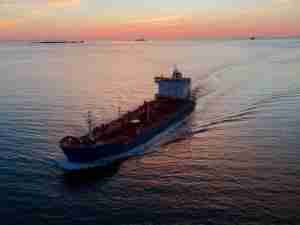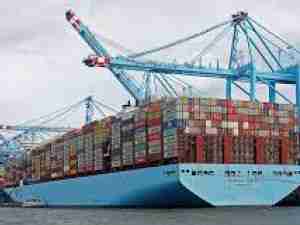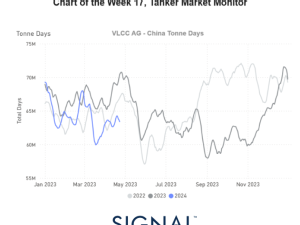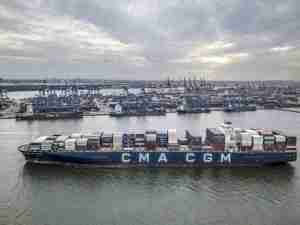The global fleet of dry bulk carriers is expected to outpace economic demand in 2011, a result of the industry's buying spree two years ago before the financial crisis severely slashed sea trade.
Low freight rates from an oversupplied market have allowed China to import an unprecedented amount of commodities, helping to fuel continued growth in the world's second largest economy.
"I just don't see China slowing down. They will still be the main driver next year," said Peter O'Malley, senior analyst at HSBC.
The strength of Chinese demand will be the main focus for shipowners gathering in Guangzhou this week who must decide whether to take delivery of their new vessels or delay them in hopes of a better economic environment in the future.
China's coal consumption is expected to soar to 2.7 billion tonnes in 2015 from 1.8 billion tonnes last year, while steel output is seen climbing to 880 million tonnes from 568 million in the same period, according to Australia and Chinese government estimates.
Coal and the steel-making ingredient, iron ore, are the two biggest commodities by volume for the world's dry bulk fleet, which transports about 40 percent of total seaborne products.
Difficult Year Ahead
Even with China importing record volumes, analysts still expect a difficult year for the freight industry.
"There are simply too many vessels in the market," said Rahul Sharan, an analyst with consultants Drewry. "The big question is what will the number of cancellations be next year."
Dry bulk freight supplies were expected to increase to 616 million deadweight next year, a 15 percent rise from this year's 537 million, Sharan said.
That would surpass a 5 percent rise in expected demand growth in seaborne trade to 413 million deadweight from 395 million.
New supplies included the arrival of the first in a series of massive iron ore carriers to be used by Brazilian mining giant Vale to supply its Chinese customers.
"We could have another situation similar to 2009 where rates eventually get so low that it starts to force an increase in scrapping," said Janet Lewis, shipping analyst with Macquarie Securities.
Average earnings for capesize vessels -- the largest class of dry bulk ships -- have dropped to around $42,000 a day from their peak of nearly $234,000 in June 2008.
While rates for dry bulk vessels have recovered from last year's low levels, the Baltic Exchange's benchmark sea freight index remained 77 percent below its 2008 peak. (Reuters)










